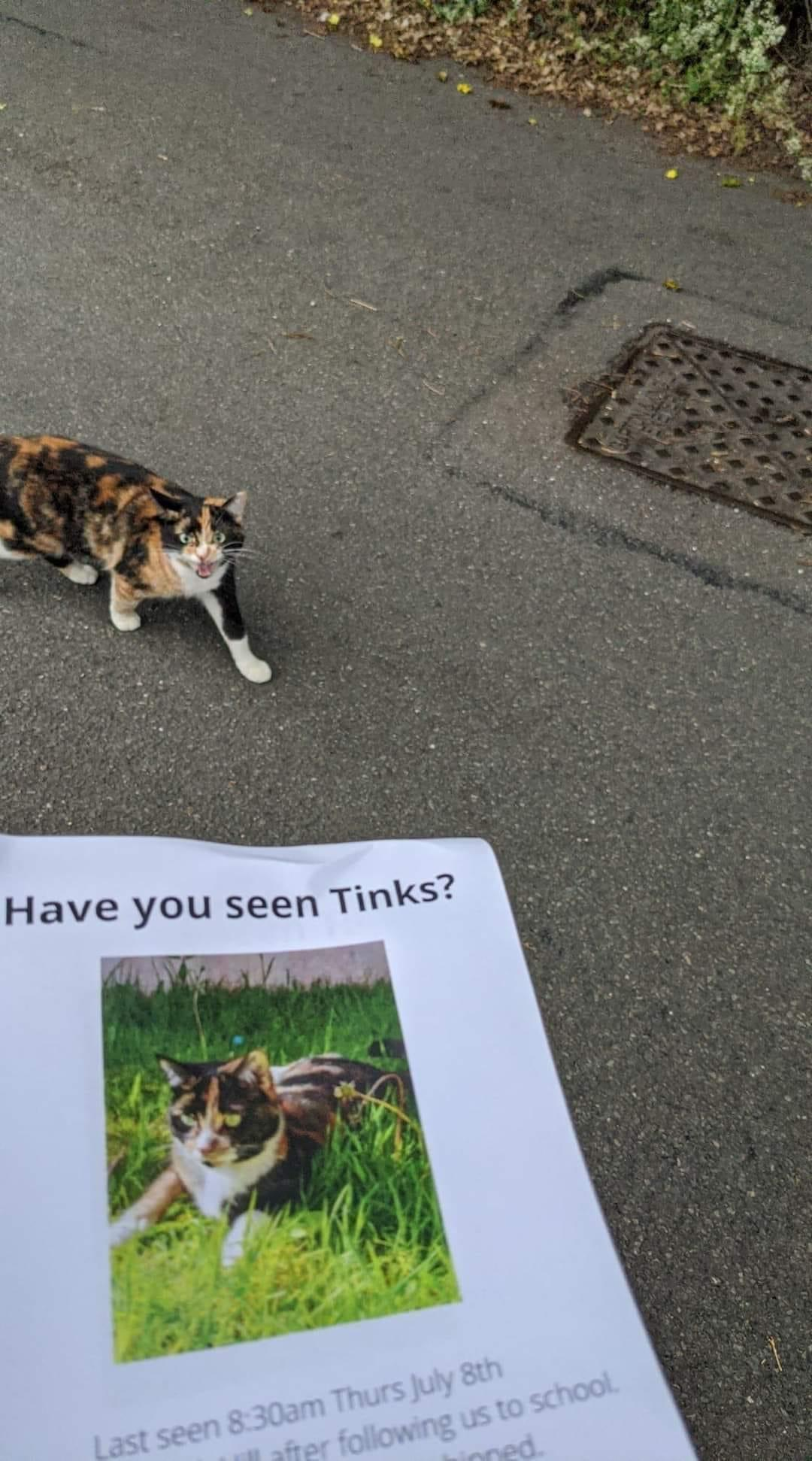Holy crap, you’ve found four missing pets? That’s pretty damn amazing.
Nah I wouldn’t be surprised. Bastards are smart and assholes.
I’ve never even found a four leaf clover. I mean, I guess the last time I tried I was like 9 but still.
Oh, what am I saying. Of course you don’t.
“Did they put out the posters again!? I was gone for a day!”
“You say anything and I’ll cut you”
removed by mod
Its true the cat is not formally educated but please don’t call it British.
removed by mod
You ain’t never learned to just keep that there mouth shut bout how some people make themselves easily understood?
removed by mod
removed by mod
Consider that English grammar in general feels like that for everybody whose first language has synthetic grammar (like Slavic languages).
A-and for me it seemed funny and it’s amazing how there are so many dialects of English. It’s really boring to speak a language which is more or less the same everywhere it’s present.
Not so strange actually. Sure, seen superficially, it seems that double negatives negate each other but that doesn’t fit the empirical data. Many languages do this in their standard variety and English does it in many local, social and historical varieties. I think Shakespeare did it too.
Spanish for example has “sin nada”, literally “without nothing” but meaning “with nothing”/ “without anything”.
So the linguistic consensus is that the negative is expressed more than once. Depending on the language this might be optional or not. Slavic languages have a negative prefix “ne-” on verbs and this is obligatory if a negative word (like never, nobody,…) is used in the sentence.
removed by mod
No, this is not true. No, English is not math.
See. Both of those sentences contain “double negatives.”
Wait till you learn about oxymorons
This person should be aware of them, as they use oxygen and are a moron
If you are ready to reflext on your biases, you should take the 4min and watch this video: https://www.youtube.com/watch?v=o3jxC3zqkEE
removed by mod
Prescriptivism in liguistics is for ignorant people.
removed by mod
Prescriptivism is ignorance. No linguist would take your side in that argument.
removed by mod
Here is an alternative Piped link(s):
https://www.piped.video/watch?v=o3jxC3zqkEE
Piped is a privacy-respecting open-source alternative frontend to YouTube.
I’m open-source; check me out at GitHub.
I’m pretty sure you say and hear “I don’t have anything” all the time and it doesn’t trip you up. That’s a double negative used in common dialects of English to emphasize.
Arguably, since “anything” is only used in negative sentences, it is kind of part of the negative. You wouldn’t say “I have anything”, only “I don’t have anything”. Then again, it can be used in positive sentences like “I would do anything” with a slightly different meaning.
But let’s take “anymore”. “I can’t stand it anymore” is a common phrase but “I can stand it anymore” not so much. “anymore” is only used in negative sentences so the “not” is arguably redundant and therefore “not … anymore” is kind of a double negative.
And even that’s not true for all speakers of English. There are native speakers who would say “I go to town anymore” unironically.
Edit: I reread the comment you reacted to and to say it’s “to emphasize” is wrong. That argument would work better for “at all” for example. My point is that “double negative” isn’t as clear cut as it might seem to be at first glance. “I don’t know nothing” is a double negative for sure, “I don’t know anything at all” kind of in a way, “I don’t know anything” maybe a little bit.
First of all, something like “I’ll have anything” is a valid and reasonable statement that is not negative, for example when somebody asks you what you want to drink.
But further, “anything”, “anymore” and “at all” are all very different - from what I understand, “anymore” doesn’t even exist as a word in British English, and I’d point out an example of “do you have any more?” as another non-negative. I think generally “anything” makes more sense by itself than “anymore”/“any more”, and “at all” similarly needs context. But just to provide a not-really-negative example, “Do you like it at all?”, where a positive response (“yes”/“I do”) does mean liking something.
In the end, I think your arguments might be stemming from trying to apply the term to too many things, from my understanding double negatives are very simple in that they need to have two negatives. A word being general, and used mostly in negative statements doesn’t mean it’s a negative, and that the actual negative part of the sentence is redundant.
This is close to the dumbest thing I read today, though to be fair I haven’t been reading that much today.









